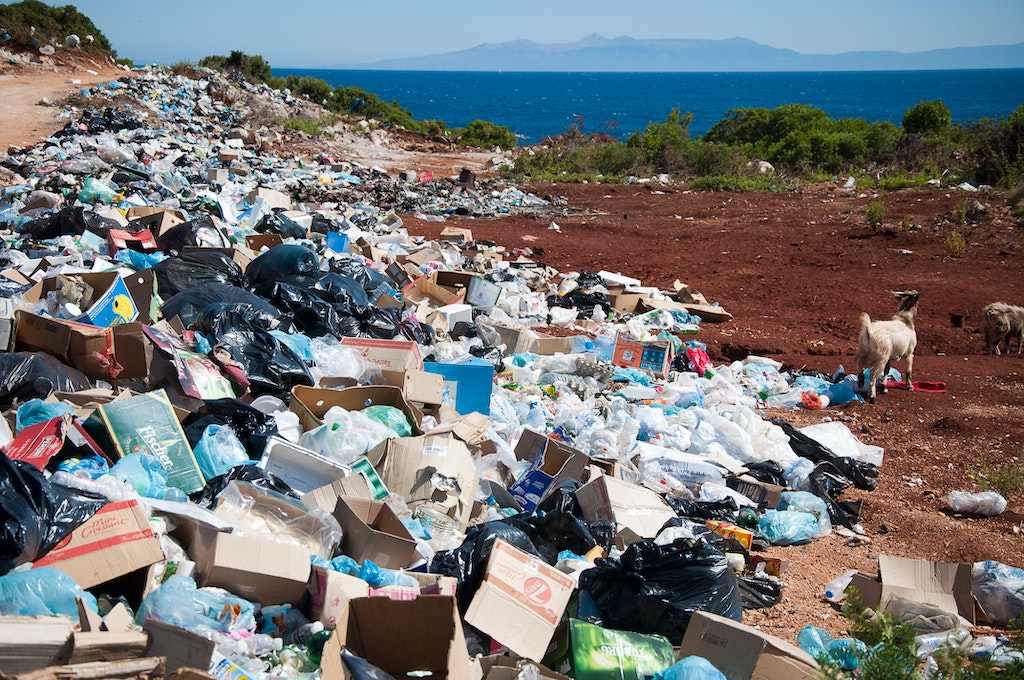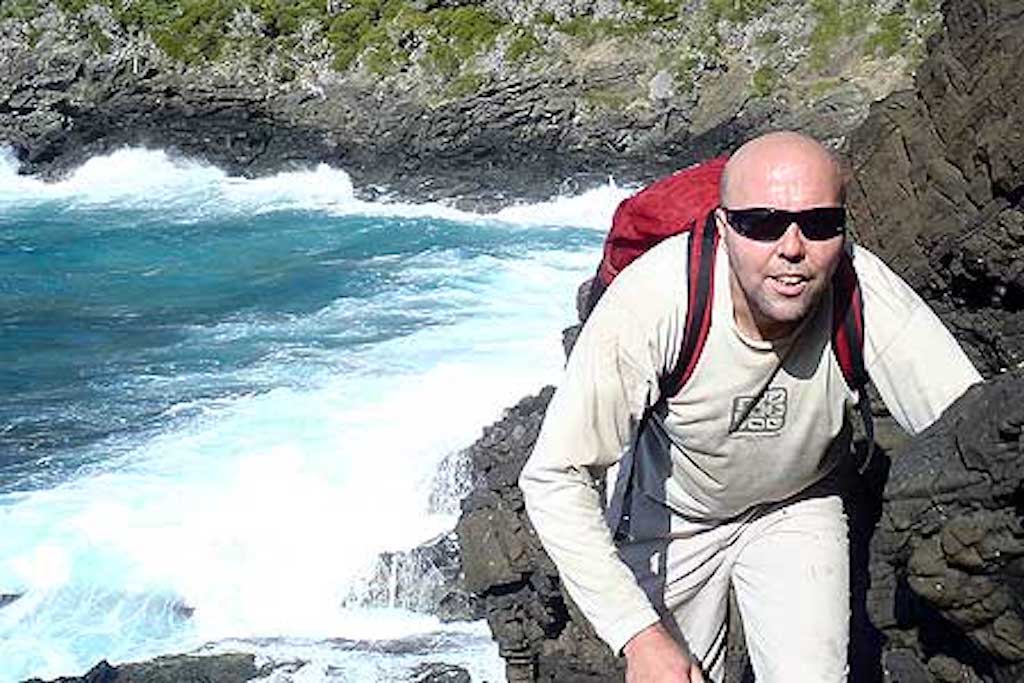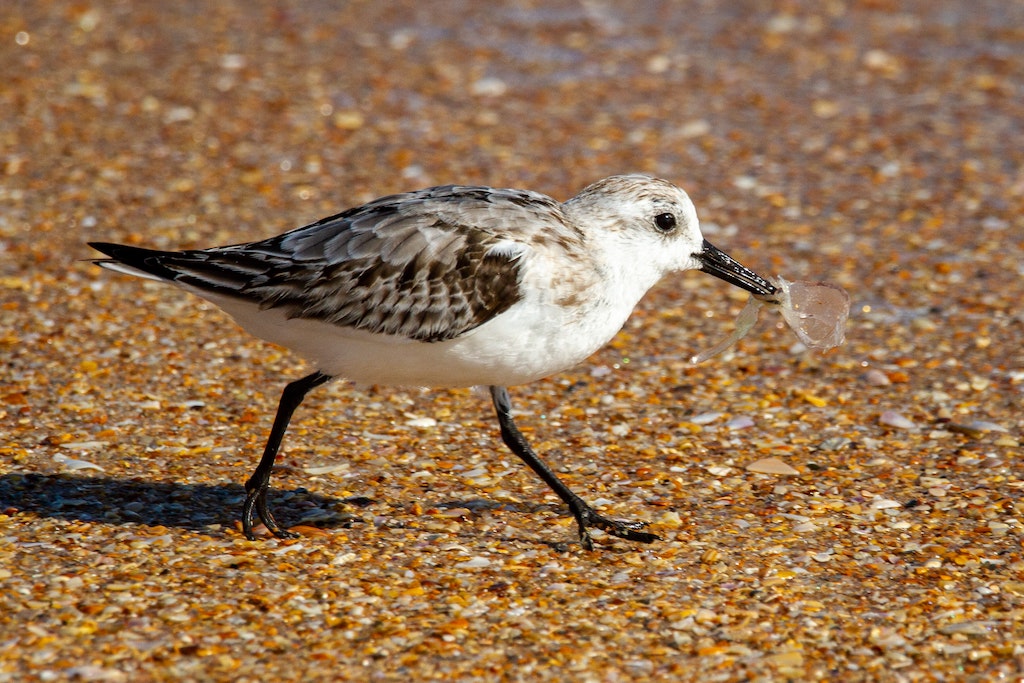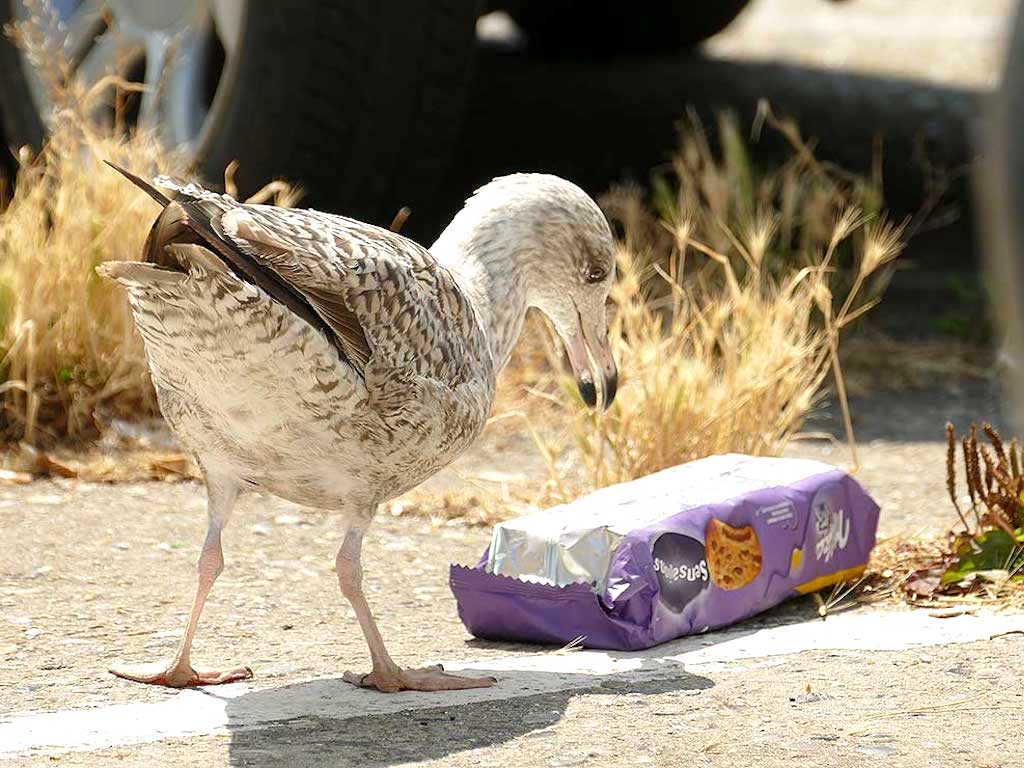3 Mins Read
Plastic waste is so widespread that a record number of animals are now ingesting it. In a new study, researchers found that 1,557 wildlife species globally have now eaten littered plastic in the environment. While plastic ingestion was previously thought to be more common in marine animals, the study reveals that terrestrial and freshwater species are also affected.
In a new study, researchers found that the number of species contaminated with plastic has reached new highs. Alarmingly, they found that 1,557 species worldwide are now documented to have ingested plastic. The research, which represents the most up-to-date report on plastic consumption of wildlife species, has been published in the peer-reviewed journal Science.

Not just marine animals
One of the key takeaways from the research is that plastic pollution is not only affecting ocean wildlife. With much of the focus on the issue centred on ocean plastic waste, it is assumed that plastic ingestion would be most widespread in marine species.
Co-author Dr. Gabriel Machovsky-Capuska of Massey University’s Cetacean Ecology Research Group (CERG) in New Zealand says that the study revealed how plastic ingestion is also high among freshwater species and even land mammals.
“It demonstrates wide contamination across numerous branches of the tree of life; including eight phyla and more than half of the vertebrate orders,” said Dr. Machovsky-Capuska.

Too much plastic in the environment
In the review, the authors also spotlighted new potential factors that lead to plastics being consumed by animals. For many years, the main explanation was that plastics were being confused by the animals with their prey.
Dr. Machovsky-Capuska explains that the picture is far more complicated, and we must now also account for the huge abundance of plastics being littered into the environment. “There are many factors to be considered including the availability of plastic in the environment, the nutritional status of the animal, and their foraging strategy.”
The authors said there was only a “very small chance” that species would begin to evolve to adapt to the wave of plastic pollution. Instead, humans must take action and prevent plastic waste from entering the environment in the first place.
“This could potentially take place over multiple lineages across different evolutionary time scales, therefore, human intervention is desperately needed,” explained Dr. Machovsky-Capuska.

Read: Plastic emissions will soon reach irreversible ‘tipping point’, scientists warn
Moving towards a circular economy
In order to curb plastic pollution, experts are urging for a rapid shift towards circular reusable products instead of single-use plastics (SUPs). SUPs currently make up the bulk of plastic waste, with disposable takeaway food packaging accounting for nearly half of the litter in our oceans.
Recently, a report from the World Economic Forum (WEF) said that reusing just 10% of our plastic packaging could translate to halving the annual plastic waste entering our oceans. Upping the share of reusables to 40-70% of our packaging would prevent 185-320% of ocean plastic pollution and 50-85% of landfilled plastics.
Lead image courtesy of Massey University.




